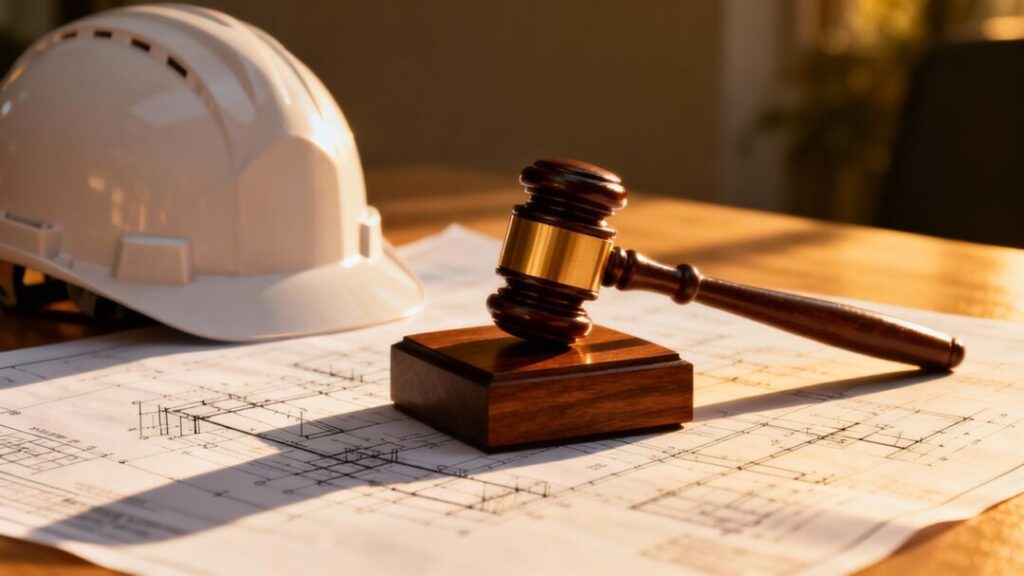Florida Governor Ron DeSantis has signed into law Senate Bill 360, a legislative update aimed at enhancing protections for contractors and design professionals within the state. Effective immediately, the new law introduces significant changes to the construction defect claims process, including shortened timeframes for filing claims and a "materiality" requirement for building code violations. These adjustments are designed to streamline the legal landscape for the construction industry and reduce the likelihood of outdated claims.
Key Takeaways
- Statute of repose for construction defect claims reduced from 10 to 7 years.
- Time period for "known" claims now begins earlier, based on specific triggering events.
- Multi-building projects will be treated as separate projects for statute of limitations purposes.
- A "materiality" requirement is now in place for building code violation claims.
Shortened Claim Timelines
The revised legislation shortens the statute of repose for design and construction defect claims from ten years to seven years after project completion. This means building owners generally have a seven-year window from the project’s completion date to file a claim, even if the defect was not discovered during that period. For "known" claims, the four-year period for filing is now triggered by earlier potential events, rather than the last event, as was previously the case.
Clarification for Multi-Building Projects
SB 360 also clarifies how time periods apply to projects involving multiple buildings. Under the new law, each building within a larger project will be considered a distinct "improvement." This means the statute of limitations will be calculated independently for each building, providing clearer guidelines for claims related to phased or multi-unit developments.
"Materiality" Requirement for Code Violations
A significant addition to the law is the "materiality" requirement for claims alleging violations of Florida’s Building Code. Claimants must now demonstrate that a building code violation was a substantial factor in causing the alleged defect. This change aims to prevent claims based on minor or insignificant code infractions that do not impact a building’s safety or functionality. A violation is considered material if it could reasonably result in physical harm or significant impairment to the building’s performance or systems.
Impact on the Construction Industry
The passage of SB 360 represents an effort to create a more balanced and workable framework for construction defect litigation in Florida. By limiting the duration of potentially stale claims and requiring a higher threshold for building code violation claims, the legislation is expected to reduce litigation and provide greater certainty for contractors and design professionals. While disputes over the "materiality" of violations may arise, the new language is intended to preclude claims based solely on technical code breaches with minimal consequences.


